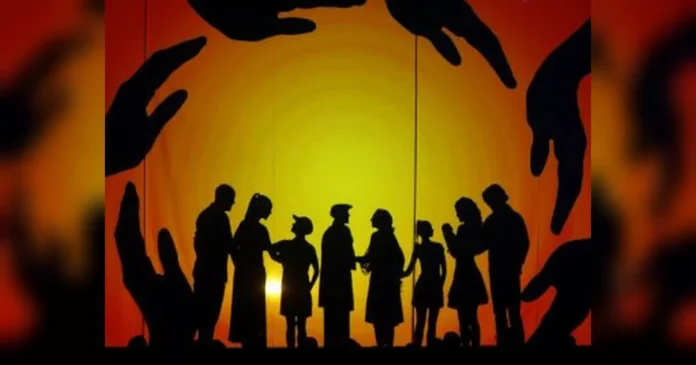Scientists Predict Massive Social Changes in the 21st Century
The 21st century has been marked by rapid technological advancements, globalization, and shifting societal norms. As a result, many experts and scientists are predicting that we will see significant social changes in the coming years. These changes will impact countries all over the world, and it is essential for us to understand and prepare for them.
One of the most significant social changes that experts are predicting is the rise of automation and artificial intelligence. With the increasing use of technology in various industries, many jobs will become automated, leading to a significant shift in the job market. This will not only affect the economy but also have a profound impact on society. Many people will need to adapt to new roles and acquire new skills to remain relevant in the workforce.
Moreover, the rise of automation and AI will also lead to a growing wealth gap between those who have the necessary skills and those who do not. This could potentially lead to social unrest and political instability in many countries. Governments will need to address this issue and find ways to ensure that everyone has equal opportunities to thrive in the changing job market.
Another significant social change that experts are predicting is the increasing aging population. With advancements in healthcare and technology, people are living longer than ever before. This will have a significant impact on society, as the elderly population will require more resources and support. Governments will need to find ways to provide for the aging population while also ensuring that the younger generation has opportunities for growth and development.
The aging population will also lead to a shift in family dynamics. With more elderly people living longer, the traditional family structure may change, and there will be a greater need for support systems for the elderly. This could lead to a rise in multi-generational households and a shift in societal expectations and roles.
Moreover, the rise of social media and the internet has connected people from all over the world, leading to a more globalized society. This has brought about many positive changes, such as increased cultural exchange and understanding. However, it has also led to the spread of misinformation and the rise of online hate speech. Governments and individuals will need to find ways to combat these negative aspects of the internet and promote a more inclusive and tolerant society.
In addition to these changes, experts are also predicting a shift in gender roles and expectations. With more women entering the workforce and challenging traditional gender norms, we can expect to see a more equal distribution of household and childcare responsibilities. This will have a positive impact on society, as it will lead to more gender equality and a better work-life balance for both men and women.
Furthermore, the issue of climate change will continue to be a significant concern in the 21st century. As the effects of global warming become more apparent, countries will need to take drastic measures to mitigate its impact. This will require significant changes in our lifestyles and industries, and it will also lead to a shift in global power dynamics as countries work together to combat this global issue.
In conclusion, the 21st century is set to bring about many significant social changes that will impact countries all over the world. These changes will require governments, individuals, and societies to adapt and find ways to address the challenges that come with them. It is essential for us to be aware of these predictions and work towards creating a more inclusive, equal, and sustainable future for all. Let us embrace these changes and use them as an opportunity for growth and progress.

